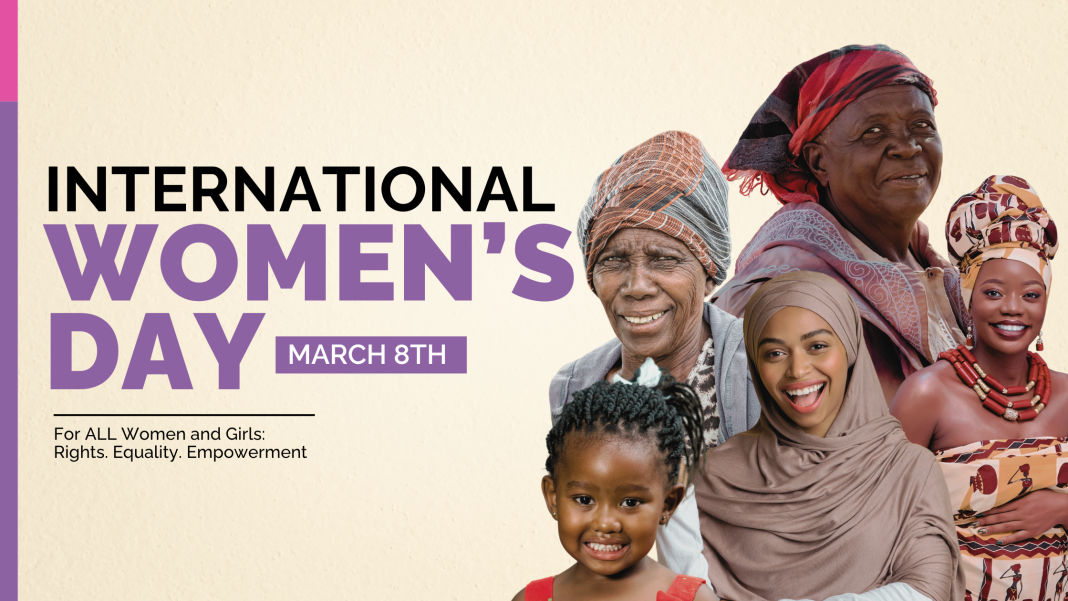In Africa, the pace of progress towards gender equality remains slow, with the continent estimated to be just about halfway on the trajectory towards gender parity by 2030. Findings from the African Development Bank’s Africa Gender Index (AGI) Analytical Report for 2023 indicate that women’s equality across economic, social, and public representation improved to 50.3%, marking just a 2.3 percentage point increase from the previous score of 48% in 2019.
At the subregional level, West Africa lags behind, recording an AGI score of 43.29% in 2023, compared to Central Africa’s 47.34%, East Africa’s 53.93%, and Southern Africa’s 64.0%.
Meanwhile, the list of global, continental, and national instruments and frameworks designed to advance women’s empowerment and gender equality grew by at least one in 2024, with Ghana finally passing its Affirmative Action Bill into law. However, even as Ghana’s Affirmative Action Act, 2024 (Gender Equity) adds to The Maputo Protocol, the Convention on the Elimination of All Forms of Discrimination against Women, the African Union Protocol on the Rights of Women, and the Beijing Declaration and Platform for Action, none of the targets for the UN Sustainable Development Goal 5 are on track.
For instance, stakeholders worry that equal representation in parliaments, which falls under Goal 5 of the SDGs, won’t be reached until 2063—more than thirty years beyond the 2030 timeline set for the SDGs.
The statistics make it clear that frameworks and instruments in themselves do not engender gender equality – effective implementation is what makes the difference. The outcomes also show that implementation approaches of the past have not been satisfactorily effective and must change if the targets under the SDG Goal 5 are to be achieved in time.
As the world commemorates the 2025 edition of International Women’s Day, therefore, the call to action is straightforward – stakeholders must adopt new approaches or adapt existing ones to speed up the actualization of gender equality.
The theme for this year’s commemoration: For ALL Women and Girls – Rights. Equality. Empowerment – reemphasizes that the starting point for gender equality is the full realisation of rights by women. For this to happen, women must be deliberately empowered.
In the progress made so far, the media has been pivotal. However, the fact that progress has been slow means that more must be done by all stakeholders, including the media in its catalytic role. For the media to catalyse progress, it must itself, operate optimally – this require freer civic spaces for practitioners, better empowered and protected journalists and gender-equity and sensitivity within the media itself.
As a stakeholder, the MFWA continues to make gender mainstreaming an important plank of its work. Guided by its strategic plan which has gender equity as a cross-cutting pillar, the Foundation ensures that all programs that it holds have at least 40% female participation.
Through this arrangement, the Foundation has equipped hundreds of female early-career journalists with investigative journalism skills under its Next Generation Investigative Journalism (NGIJ) project. The MFWA has, through trainings, also empowered female politicians to amplify their campaigns on social media and upskilled women in online safety techniques, while sensitizing authorities to the problem of online gender-based violence which disproportionately affect women.
Going forward, the MFWA will continue to innovate in its efforts to increase momentum toward gender parity in West Africa. We invite all stakeholders in the subregion and from elsewhere to innovate their approaches as well so we can together accelerate progress towards a just society.

